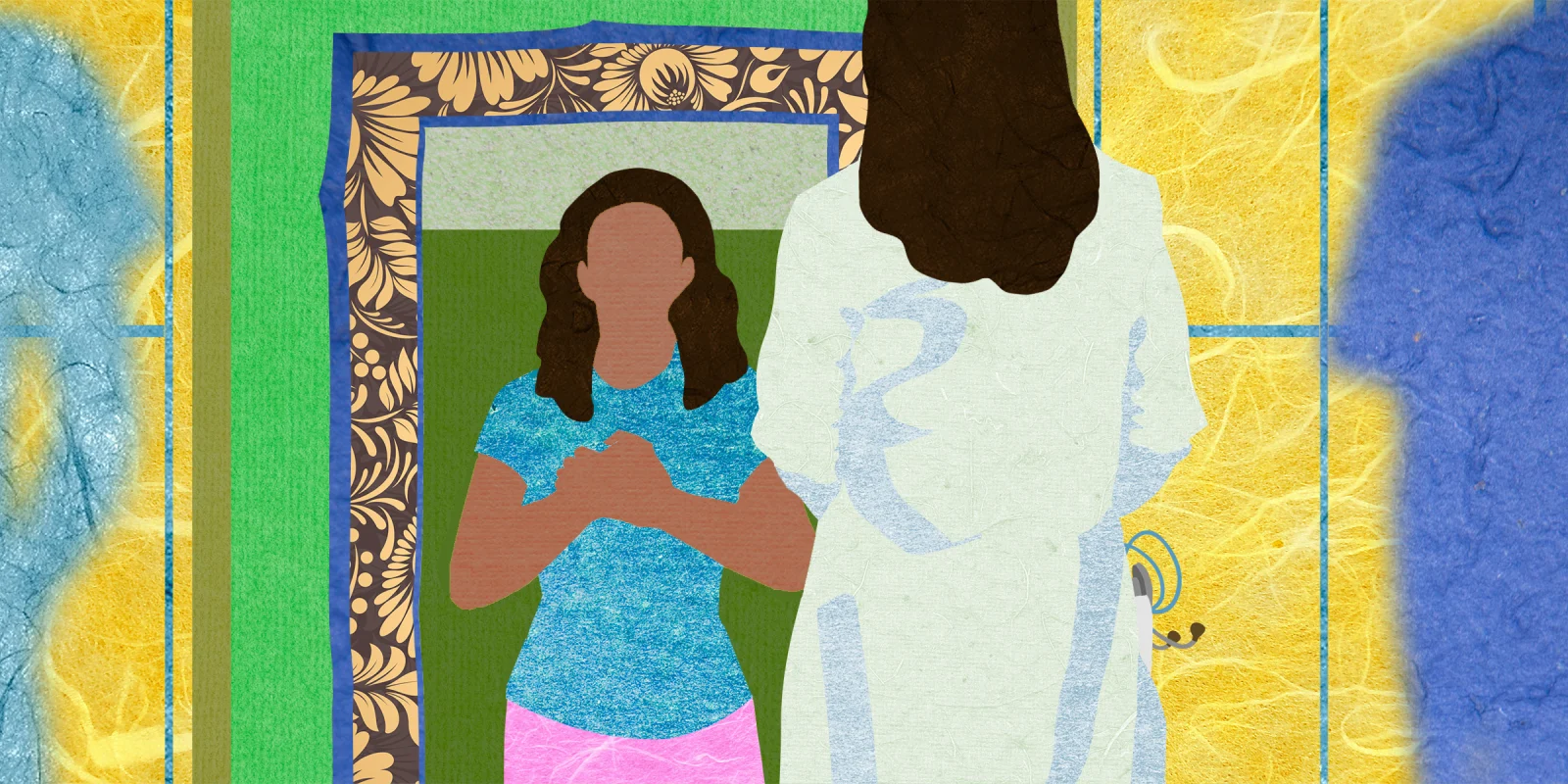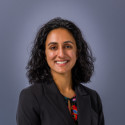To live without regret is to believe we have nothing to learn, no amends to make, and no opportunity to be braver with our lives.” ― Brené Brown
“If you had to do it all over again, would you?”
The socially acceptable answer is yes. Maybe could work, but only if followed by a safely vague saying like, “You know, there’s good days and bad days.” But never no. That would be perceived as pessimistic and ungrateful. But what if that’s the truth?
It feels culturally acceptable in medicine to joke about regretting our life choices, being on the verge of quitting, wishing we had gone into fill-in-the-blank more flexible, lifestyle-friendly career. But talking seriously about regretting the decision to go into medicine feels very taboo. The climate in which we find our learners and our professionals points to the fact that we need some serious change, not only with regards to how we treat others but also to openly acknowledging and questioning the amount of personal sacrifices that we ask ourselves and our learners to make, and the devastating effects it can have on our health and lives.
I think we need to talk more actively about regret in medicine. Not so we can sit and feel sad for ourselves about our life choices, but because reflecting deeply on regret is an important way to reprioritize values, set boundaries, and define a healthier way forward for our profession. I don’t think most of us who regret becoming a physician do so because of the actual clinical day to day; it stems from lifestyle stress, personal sacrifice, and burnout. But why is it that we as physicians can’t express this out loud? The answer lies in stigma, I am convinced. It is easy enough to answer surveys anonymously. Yes, I’m depressed. Yes, I’m burned out. No, I wouldn’t do this again. But we feel pressure to put on a smile, whether for premeds, medical students, residents, or even colleagues, and say, “Yes, it’s all possible and worth it, and no I wouldn’t trade it for the world.”
I love being a doctor. I love taking care of patients. I love doing surgery, seeing patients get better, taking care of them before and after their operations. I enjoy my work for the most part and am grateful to have been able to choose my profession, and one that brings meaning to my life through my ability to help others.
And yet, regret crosses my mind often. Now that I am out of the survivalist, rat race mode of training, I have had more time to reflect. The personal sacrifices and damage that I have incurred as a result of my chosen profession are real – it only took me almost seven years to actively face them and name them. I know I am not alone in this. And yet, there are many among us who are convinced that long hours, years of not seeing your family, and being sleep-deprived are absolutely essential to becoming a competent physician. While inhumane and untrue, it is the assumption under which so much of our medical training and culture still operates.
Many of us now, more than ever, are more vocal about some of these issues. Wellness, burnout, mental health, work hours – all these concepts are entering the diaspora of medical training and culture which previously were nonexistent (so we are reminded constantly by the older generations). We should be so grateful that things are better.
Are they? Should we?
I find it especially hard being a mother and a woman. I have gaslit myself for years, telling myself, It’s better than it could have been. It’s not like it was 30 years ago. Have a good attitude. Stop complaining. This was your choice.
I remember being a third- and fourth-year medical student and going to surgery conferences where there were meet and greets, and advice panels for aspiring surgeons. There were sessions and even entire organizations devoted to promoting diversity in surgery. The advice from the surgeons on these panels could be distilled down to: It’s hard, but it’s possible and it’s worth it.
There was a viewpoint I didn’t know I needed then but now wish I had had access to: regret. What about those who regret their decision to enter medicine, or their subspecialty? As a student, I never openly heard from physicians about their regrets of going into medicine, what they wished they had known in terms of the sacrifices they were going to make. Or when sacrifice was discussed (usually on women surgeon panels about the proverbial, now often looked-down-on “work life balance” paradigm), it was universally concluded with, “It’s hard but it’s worth it and I wouldn’t change my life for anything.”
I now find myself in a conundrum when a bright-eyed student comes to me for career advice. Do I tell them I regret my choices, not because I don’t love taking care of patients, but because of the damage that training and our system does to us as individuals? Morally, I feel that I should warn them. But I don’t think as a field we are honest enough with each other to be honest with the next generation about reasons why they should consider not entering medicine, at least in its current state and training paradigms, despite how idealistically it is a great and noble profession.
We always strive to tell our patients all the data and options available so they can make a well-informed decision about their care. We should do the same for those considering entering our fields. We should not be afraid to voice regrets. It is the way toward change, progress, and more humanity for our profession.
What are your regrets? Share them in the comments.
Dr. Mohini (Mo) Dasari is a general surgeon in Kirkland, WA. She practices and teaches yoga, writes for pleasure, therapy and advocacy, and loves posting her amateur cooking and baking on Instagram @modalala. Her favorite thing to do is spend quality time with her husband, two-year-old daughter, and seven-pound dog. She tweets at @mdmdaware. Dr. Dasari is a 2023–2024 Doximity Op-Med Fellow.
Illustration by Jennifer Bogartz







